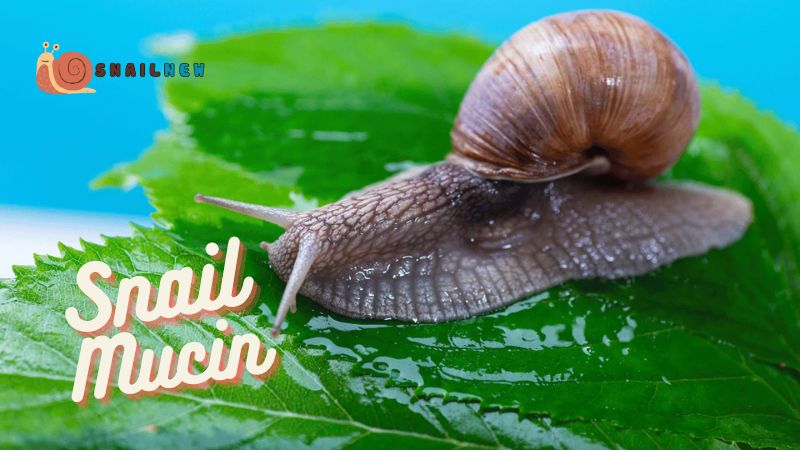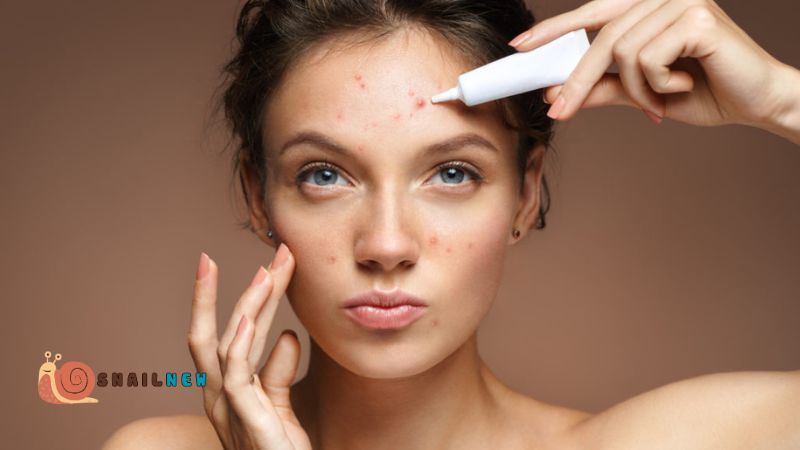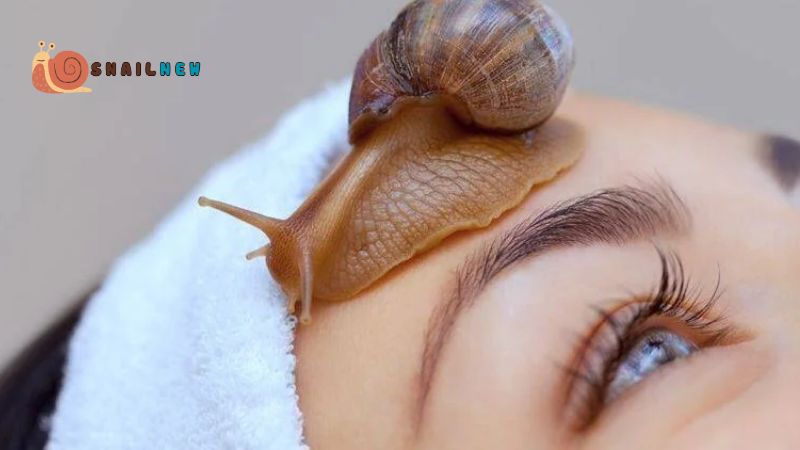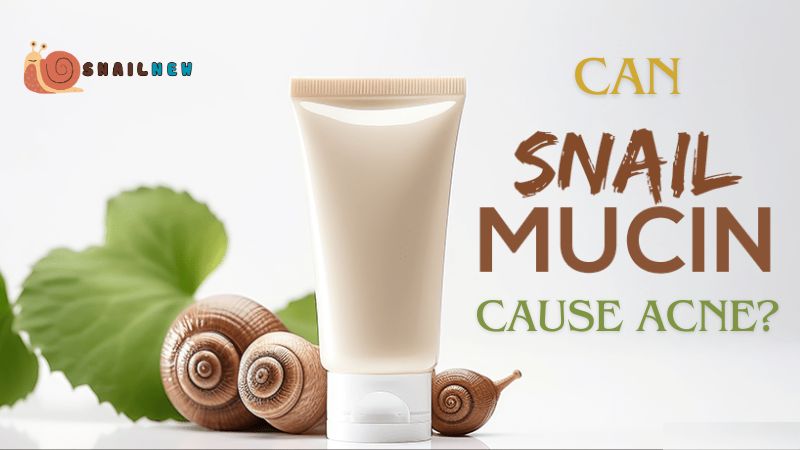In the world of skincare, trends come and go, but one ingredient that has remained a staple in many routines is snail mucin. Derived from the mucous secretions of snails, this peculiar substance has gained popularity for its purported ability to hydrate, soothe, and repair the skin. However, despite its many benefits, there persists a common concern among skincare enthusiasts: can snail mucin cause acne?
Let’s delve into this question and separate fact from fiction by Snailnew.
Table of Contents
ToggleUnderstanding Snail Mucin
Before we can address the potential link between snail mucin and acne, it’s essential to understand what snail mucin is and how it functions in skincare products.

Snail mucin, also known as snail secretion filtrate, is a viscous fluid produced by snails to protect and regenerate their delicate skin. Rich in nutrients such as hyaluronic acid, glycoproteins, and peptides, snail mucin boasts a range of skincare benefits, including moisturization, anti-aging properties, and wound healing.
In skincare formulations, snail mucin is typically processed and filtered to create a concentrated extract that can be easily incorporated into creams, serums, and masks. Its lightweight texture and fast-absorbing nature make it a popular choice for all skin types, including those with sensitive or acne-prone skin.
Can Snail Mucin Cause Acne? Dispelling the Myth
Now, let us confront the crux of the matter: can snail mucin cause acne? This question, akin to a persistent thorn in the side, has sparked numerous debates and discussions within the skincare community. To discern truth from hearsay, it is imperative to scrutinize the evidence at hand.

- Non-Comedogenic Nature: A cornerstone of skincare apprehension lies in the comedogenic potential of ingredients, delineating their propensity to occlude pores and incite acne eruptions. Fortunately, snail mucin typically earns the moniker of “non-comedogenic,” signifying its ability to hydrate the skin sans pore-clogging tendencies. This characteristic renders it a viable option for individuals grappling with acne-related woes.
- Hydrating and Soothing Attributes: Acne, often accompanied by parched, inflamed skin, clamors for an intervention that assuages discomfort while fortifying the skin’s barrier. Enter snail mucin, armed with its arsenal of hydrating and soothing attributes. By imbuing the skin with moisture and allaying inflammation, snail mucin endeavors to foster an environment conducive to skin health, thereby mitigating the likelihood of acne exacerbations.
- Reparative Capacities: The aftermath of acne manifests in the form of scars and discoloration, serving as lingering reminders of past skirmishes. Snail mucin, laden with growth factors and peptides, embarks on a quest for redemption by stimulating skin repair and regeneration. Through its reparative endeavors, snail mucin endeavors to expedite the healing process, thereby curtailing the persistence of acne-related blemishes.
- Individual Discretion: While snail mucin emerges unscathed from the crucible of scientific scrutiny, individual idiosyncrasies and proclivities remain pivotal determinants of skincare compatibility. Sensitivities and allergies may rear their heads in response to diverse skincare concoctions, underscoring the necessity for judicious patch testing and vigilance in monitoring skin reactions.
Addressing Common Concerns

Despite the preponderance of evidence vouching for the safety and efficacy of snail mucin in skincare formulations, lingering apprehensions continue to cast a pall over its reputation. Let us confront and assuage some of the most prevalent concerns pertaining to snail mucin and acne:
- Apprehensions Regarding Breakouts: The specter of breakouts looms large in the minds of acne-afflicted individuals, fostering apprehension regarding the incorporation of snail mucin into their skincare arsenal. Yet, empirical evidence fails to substantiate the alleged correlation between snail mucin and acne formation. On the contrary, its hydrating and reparative properties may serve as potent allies in the battle against acne.
- Sensitivities to Supplementary Ingredients: While snail mucin, in its pristine form, is unlikely to incite acne, the presence of supplementary ingredients within skincare formulations warrants scrutiny. Fragrances, dyes, and preservatives lurking within the annals of skincare products may serve as incendiary agents, precipitating adverse reactions in the sensitive and acne-prone.
- Vigilance and Perseverance: The pursuit of flawless, radiant skin necessitates unwavering vigilance and perseverance. Although snail mucin may not furnish instantaneous gratification, its steadfast incorporation into one’s skincare regimen holds the promise of transformative results. By embracing consistency and patience, individuals can chart a course towards the realization of their skincare aspirations.
Conclusion
In conclusion, the notion that “can snail mucin cause acne?” mucin can cause acne is largely a myth perpetuated by misinformation and misunderstanding. In reality, snail mucin offers a plethora of skincare benefits, including hydration, soothing, repair, and regeneration, making it a valuable addition to any skincare regimen.
While individual experiences may vary, the overwhelming consensus among skincare experts and enthusiasts is that snail mucin is safe and effective for all skin types, including those prone to acne. By understanding the science behind snail mucin and dispelling common myths, we can embrace this remarkable ingredient and unlock its full potential for healthy, radiant skin.
So, the next time you’re considering adding snail mucin to your skincare routine, rest assured that you’re not inviting acne onto your face. Instead, you’re treating your skin to a nourishing and rejuvenating experience that may just transform your complexion for the better.


